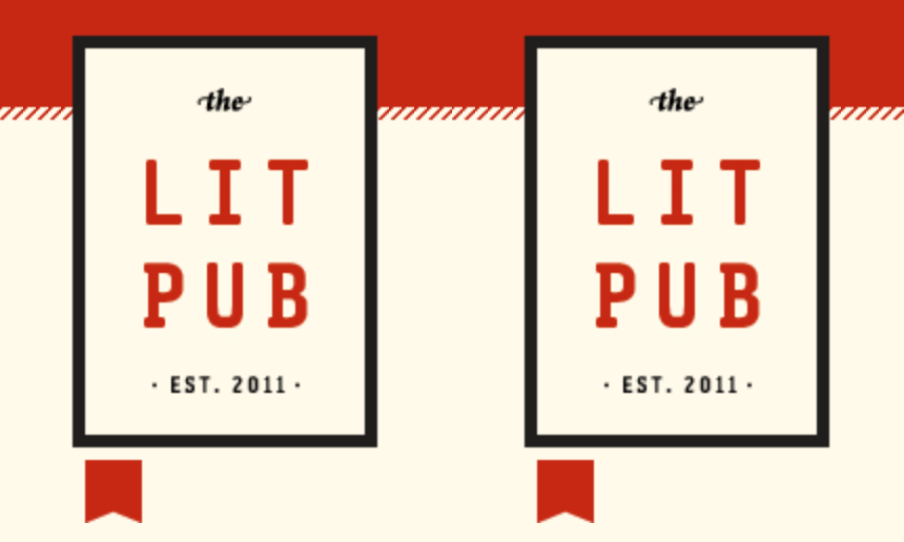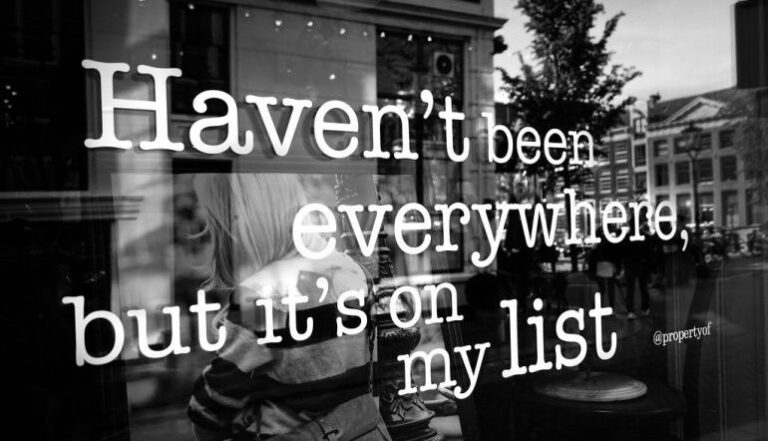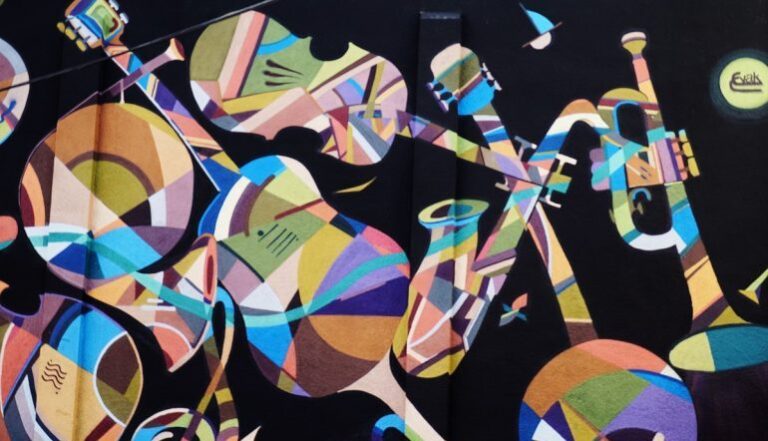Innovators in Lit #10: The Lit Pub

Molly Gaudry is the author of We Take Me Apart, which was a finalist for the Asian American Literary Awards for Poetry and has been shortlisted for the 2011 PEN/Joyce Osterweil Award for Poetry. She runs Cow Heavy Books and is the founder of The Lit Pub, one of the most ambitious literary enterprises I’ve come across in a while and thus a natural fit for “innovators in lit.” The Lit Pub’s mission is “to promote a sustainable literary community by introducing readers to authors we know and love,” primarily via a lovingly curated, indie-centric online bookstore, merging the ease of online shopping with the kind of personalized attention one might find in a “real life” independent bookstore. Molly was nice enough to discuss the recent re-launch of The Lit Pub, getting love from The New Yorker, what a brick-and-mortar Lit Pub might look like, and why we need a go-back-in-time machine.
Laura: The Lit Pub recently re-launched. How does the new incarnation of The Lit Pub differ from the original? What brought about these changes?
Molly Gaudry: New Lit Pub is an online bookstore selling hand-picked recommendations. Old Lit Pub was also a social media-driven publicity company, offering focused campaigns for authors and publishers. That didn’t go so well because clients weren’t beating down our door. I was told to wait it out, to give it time, but ultimately it became less an issue of impatience than it was an issue of impossibility: we simply didn’t have the budget to pay publicists for their time while waiting who-knows-how-long for clients. New Lit Pub, though, is in really good shape. It is a much more community-oriented endeavor, particularly because we now feature, for free, multiple books at any given time. It seems to me that new Lit Pub is exactly what old Lit Pub wanted to be, and it just needed the last few months to figure itself out.
Laura: What was the initial impetus for starting The Lit Pub?
MG: Just before AWP last year (DC), I wrote a blog post asking why indie publishers couldn’t band together to buy and split a batch of 1,000 ISBNs. Bowker doesn’t allow this, but the idea was born, and I ran around the conference like a madwoman trying to find out what other independent publishers were interested in forming a cooperative, an organization that might allow publishers to become more efficient with their limited human and financial resources. After AWP, I processed all the feedback and wrote another blog post that essentially came down to this:
This cooperative, the way I understand it, must serve to meet the needs of the small presses that belong to it by offering (1) publicity and marketing, (2) sales and distribution, and (3) the money to help the presses defray their printing costs on at least one title.
Many seemed really interested in this idea back then, and I would like to take this opportunity to explain how The Lit Pub—although not a cooperative—is now, effectively, meeting those original goals.
First, we are a website that recommends books; Lit Pub’s staff writers and assistants only recommend books they’ve read and love. The way I see it, this is free publicity on a beautiful and easy-to-access website that any author or publisher can proudly share with friends, family, and colleagues.
Second, we are a fully functional online bookstore that sells and distributes books from publishers to consumers. Our order-fulfillment warehouse is staffed by real human beings, and our online bookstore is curated by a diverse group of individuals who love books, love reading, and just want to share their enthusiasm in an effort to connect with other readers.
Third, we are proud partners with Spencer Printing (Est. 1910), and any publisher who calls Nate Zaur asking about a “Lit Pub Discount” will receive a very competitive quote. When I set out to help defray the cost of printing for publishers, I really lucked out when I found Nate. (Of Spencer Printing, publisher Mike Young at Magic Helicopter Press has this to say: “Working with Spencer was terrific. They had very competitive pricing and a hands-on, diligent approach to customer service and problem solving that I greatly appreciated and respected. When I had a problem, the owner of the company personally worked with me to make sure issues were swiftly resolved, and the final books were lovely and crisp.”)
I’ll wrap up by saying that the idea to make this all happen came about as a result of AWP DC, which was held in February 2011. It is now October 2011, and The Lit Pub has come a very long way in such a short amount of time. I am so proud of this little idea that has become a real, live thing.
Laura: How do you see The Lit Pub evolving? What’s the 5 (or 10) year plan?
MG: As I suggested over at Book Think (the literary brain of Big Think), I haven’t ruled out the possibility of owning a brick-and-mortar Lit Pub one day. I’ve even gone so far as to discuss the possibility of partnership with a home brewer I know, who has the same timeline for opening a craft beer company. We think an unused roller rink would serve as a great location because of the existing promise of the space itself—built in DJ booth, band stage, and sound system; snack bar that can easily be renovated and expanded to become a real bar and/or restaurant; a gigantic dance floor for parties and/or author events, etc. Really though, I’ve just always wanted a disco ball and don’t know where else to find one anymore. But seriously, a brick-and-mortar Lit Pub is a long way off. It’s really only a possibility if online Lit Pub does well in the meantime.
Besides brick-and-mortar Lit Pub, I’m open to any number of possibilities online. I’d like to see Lit Pub somehow become a social networking space of its own—something for readers primarily, but frequented by authors and publishers. This would require a much bigger budget than I currently have, but again if current Lit Pub does well, perhaps we can find the right investors to help make these other dreams also come to life.
Laura: What’s been one of your most exciting moments or experiences with The Lit Pub?
MG: Most exciting by far was when The New Yorker recognized our efforts only a week after we relaunched.
Laura: In “Innovators in Lit # 2” with Christopher Newgent—inspired by Roxane Gay’s statement that “as booksellers struggle with how to stay alive, I think part of the conversation should center around how we can make people feel connected to books”—we discussed how people can become more connected to books. How do you think we can help people feel connected to books?
MG: Christopher has it right—we can’t just sit around hoping people find books; no, books have to find people. And innovators like Christopher are certainly doing more than their fair share in helping books find people. I remember he once texted me saying he’d sold a copy of my book, a strange little verse novel called We Take Me Apart, to a mother with two daughters. His message was something like, “I told them it had fairy tales in it.” Which it does. But still. I doubt this mother would have found my book on her own. A connection was made, and that connection is called “Christopher Newgent.”
And really, we’re all Christopher Newgents. We all like to tell other people what we’re reading, what we’ve read lately, whether these books were good or bad, and either we recommend them or we don’t. And, like Christopher, we do this anywhere, not just in bookstores. We do it at parties, we do it in bars, we do it in the hallway before or after class, or sitting on our best friend’s couch, or on the phone with our mother, or lying in bed beside a lover. It’s this simple. Every time we recommend a book, a connection is made.
So what can we do? How can we connect people to books? Read. Read books and recommend them far and wide. Help these books find people who will also read and recommend them to their friends and families and lovers and etc. etc. etc.
Laura: In addition to The Lit Pub, you run Cow Heavy Books and are the author of We Take Me Apart and are currently working on a collection that uses 30 local city papers from 30 different cities, all collected from the week of your 30th birthday (an awesome sounding project!). I’m tempted to ask how you “balance” everything, but since I tend to think balance is overrated, I’ll ask instead: how do all these different elements work together?
MG: I think all of it comes down to being an active member of the literary community. I think that to be writers today, we have to take a much more active role in connecting with readers. If we want to be read, we need to reach out to our audience. This is probably why so many writers have websites and Facebook pages, why we go on book tours and try to get ourselves speaking engagements at universities and the like. All we want is to connect with readers, and it seems logical to think that the writers who put themselves out there may have better chances at finding an audience than writers who don’t. I’ll add that I find it to be much easier to reach out to readers as a publisher than as a writer. I’d rather pimp someone else’s book than my own, but I also think it’s all connected, and so I won’t complain if as a result of some weird sort of side effect a few of my own books happen to find their way into readers’ hands.
Laura: As an emerging author, it can be daunting to figure out how to help your book gather steam—there’s so much out there, limited review space, etc. What do you think helps a book get that elusive, ephemeral thing we call buzz? I’d be interested in hearing your thoughts from the perspective of both writer and editor.
MG: I think I just have to be honest here and say I have no idea.
Or maybe, I don’t know, maybe it’s possible that the buzz we’re really talking about—the buzz that we’re really after in the long run, hundreds and hundreds of years from now—well maybe it isn’t actually all that elusive or ephemeral.
Maybe we just have to do what we can to generate our own buzz, enough to keep us buzzing, keep us buzzing little bit by little bit. And maybe if we’re really lucky, we can find our way into an existing hive that is making its own buzz, too. And maybe, if we all do our part to help make that hive stronger, help make it bigger and better, well maybe then the big buzz is something we can all hope to share while we go on about being little buzzes alongside all the other little buzzes beside us, all of us buzzing dutifully and proudly together so that one day, who knows, we all made history. Or something. You know?
Laura: What are some other publishers or literary entities you find inspiring?
MG: Adam Robinson’s Publishing Genius
Zach Dodson’s Featherproof
Elizabeth Ellen’s Short Flight/Long Drive
Sumanth Prabhaker’s Madras Press
Christian Peet’s Tarpaulin Sky Press
Mike Young’s Magic Helicopter Press
Roxane Gay’s Tiny Hardcore Press
Steven Gillis’s, Dan Wickett’s, and Matt Bell’s Dzanc Books
Laura: What do you wish existed in publishing that hasn’t been invented yet?
MG: A go-back-in-time machine so little-kid me could go hang out with other publishers when they were little kids, too. I bet we were all kind of geeky and lonely and sad and whatever else (or for all I know maybe some of them out there were super popular and already showing early promise of one day becoming the sexy beasts they are today), but anyway I think it would be cool to just go up to like, four-year-old Adam Robinson, or Zach Dodson, or Elizabeth Ellen, or anyone else on that list up there and say, “Hi, how are you today? What are you thinking about?” Because I’ll bet you anything it was something totally crazy and beautiful and awesome.


